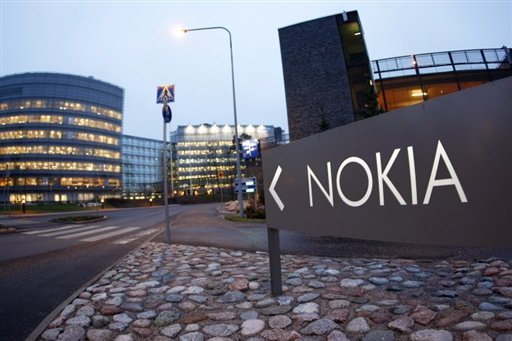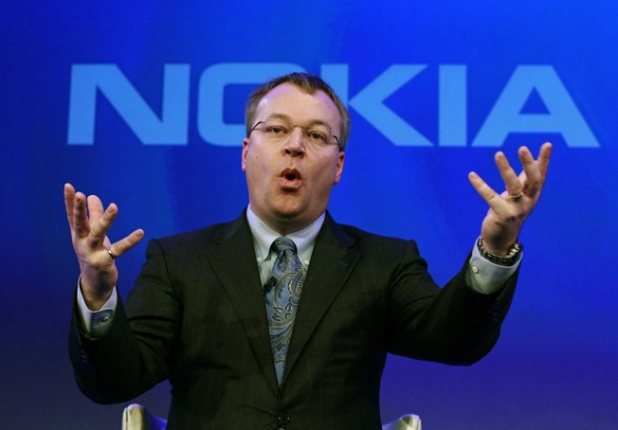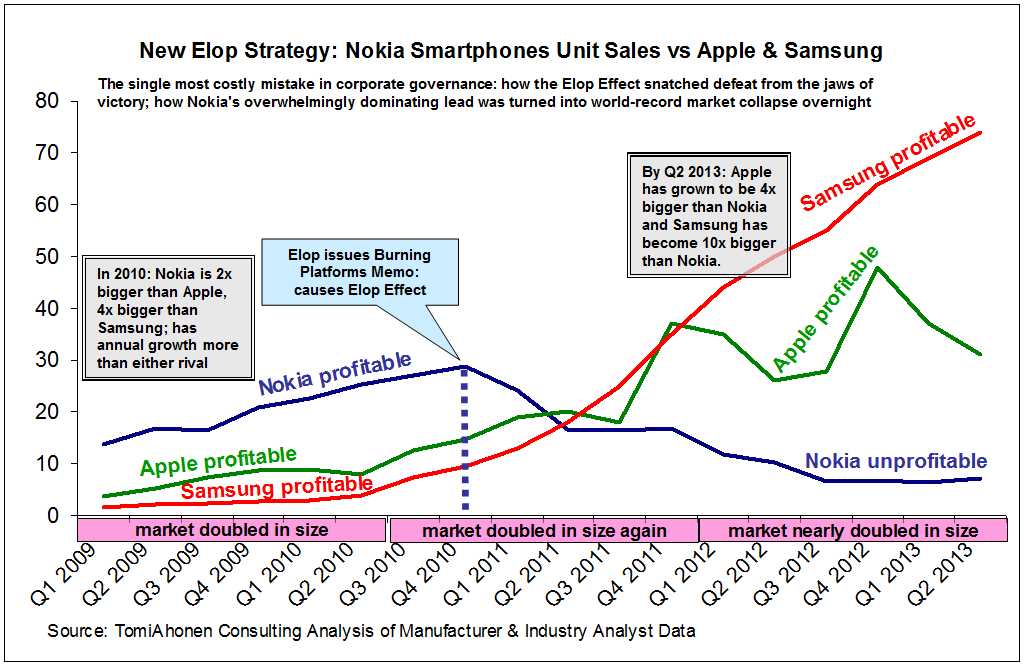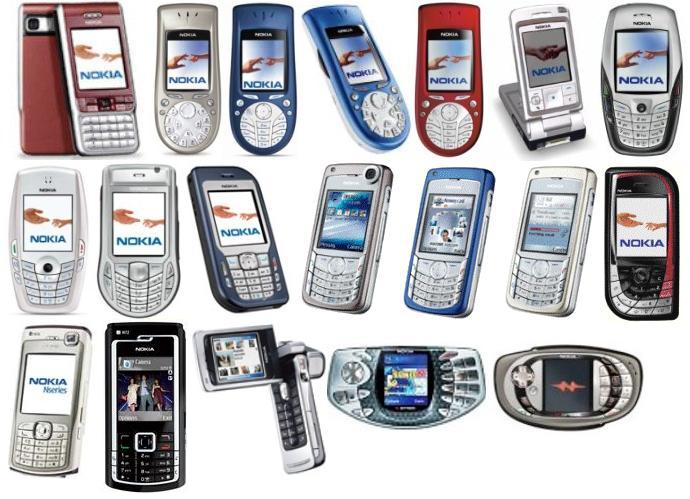A month after Nokia agreed to sell off its Devices and Services division to Microsoft, the aftermath of it has been sad, ugly and, interestingly, somewhat farcical. Conspiracy theorists the world over felt justified that CEO Stephen Elop – described as a Microsoft Trojan horse by many – has run Nokia to the ground and delivered Nokia’s Devices and Services division to Microsoft on the cheap.
In the midst of all this, Nokia’s Board of Directors were also called into question. After all, these were the same people who hired Elop, and then proceeded to do nothing as the company bet its entire fortune on an untested mobile platform with no alternative plan in place, and crucially, not removing Elop from his job for spectacularly reducing Nokia from market leaders to industry also-rans in three years.
That’s when a new theory emerged: could the Nokia board have been looking to discard the Devices and Services division all along, and roped in Stephen Elop to do the dirty work?
Article continues after the jump.
Following Microsoft’s official announcement that the company will be acquiring Nokia’s Devices and Services division, Finland as a whole wept at the loss of its symbol; while the Nokia brand will endure, its public-facing division – Devices and Services – is no longer theirs.
Enterprising Finns then began analysing the details contained in CEO Stephen Elop’s contract drafted in 2010. Finland’s largest national daily found evidence that Elop’s contract contained “fundamental changes” to the bonus structure compared to previous CEO Olli-Pekka Kallasvuo’s, despite Chairman of the Board Risto Siilasmaa’s claims that Elop’s 2010 contract was “essentially the same”. The changes specifically addressed a windfall of $25m for Elop should three situations were to happen (in the following order):
- Nokia’s share price drops steeply as the company drifts close to cash flow crisis under Elop.
- Elop sells the company’s handset unit to Microsoft under pressure to raise cash
- The share price rebounds sharply, though remains far below where it was when Elop joined the company.
Even worse, when confronted by the same daily, Nokia’s legal department admitted that they committed “a working place accident” of not noticing the discrepancy. Imagine that.
To make things worse, Nokia’s bizarrely inept media relations team then approached BGR and reminded the publication – who had been stinging in its assessment of the Nokia firesale – that outgoing CEOs in other companies received much higher severance payoffs compared to Elop’s $25m goodbye kiss. BlackBerry’s Thorsten Heins stands to receive more – to the tune of $55.6m – should there be a change in control at BlackBerry.
Then again, neither CEO can be accused of being a Trojan horse.
In the face of increasing pressure from both the Finnish media as well as angry patriotic Finns, Nokia’s board then resorted to “pleading” with Elop to accept a smaller bonus. As if that wasn’t embarrassing enough, Elop reportedly refused to because, quoting BGR once more, “Elop believes he cannot make his wife accept a reduction in the $25 million severance package” in his impending divorce.
Next, the $25m golden handshake also raised plenty of questions among angry Finns. Robbing Finland of its national symbol, and being handsomely paid to do it? Ridiculous. Heinous, even. It didn’t help either that Elop successfully re-negotiated his contract to remove a clause that prevents him from entering an industry competitor (i.e. Microsoft) on the day of the Nokia-Microsoft announcement. But just who brokered these contracts?
While Elop has taken the brunt of the criticism – as well as justifying all manner of Trojan horse conspiracy theories – the board has largely been off the hook. Well, up until recently. BGR author and Forbes contributor Tero Kuittinen fired a broadside at the board in his article, labeling them inept and “one of the most perverse crews to lead a major corporation in the post-war era” for their role in reducing Nokia’s market value by $20 billion and leaving its industry status in tatters.
Industry analyst Tomi Ahonen went one step further, speculating that the sale of Nokia’s Devices and Services division was the Board’s intention all along. In an extensive 9000-word article on Ahonen’s personal blog, he questioned the many occasions that the Board failed to react to Elop’s systematic dismantling of Nokia, on top of the questionable contract that was offered to him in the first place.
As he went deeper into his speculation based on the facts readily available, Ahonen concluded that the Board were extremely quick to pick up the fact that in 2010, despite rolling in the cash and dominating the industry, Nokia had already planted seeds to its own demise. Kallasvuo’s four-year tenure as CEO had left Nokia’s Devices division with little headroom for the future, and its home-grown MeeGo operating system would not be enough to regain its eventual loss of market share.
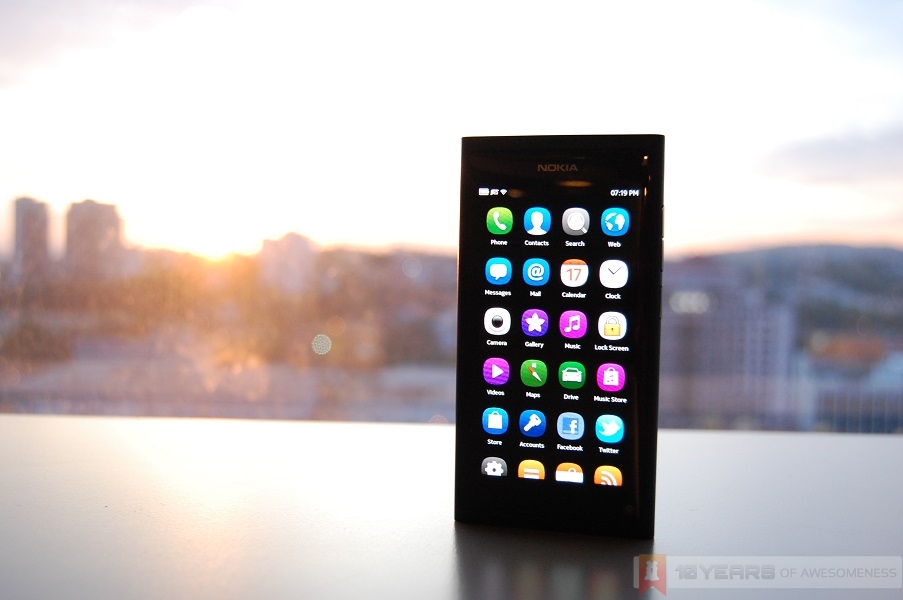 The only consumer MeeGo smartphone released by Nokia, the N9
The only consumer MeeGo smartphone released by Nokia, the N9
On the other hand, Nokia’s network infrastructure division had been increasingly profitable, thus explaining buying Siemens out from the Nokia Siemens Network in July this year. The Board, Ahonen speculated, was aware that Symbian’s dated software would be face increasing competition from both iOS and Android. MeeGo, the project joint-developed by both Nokia and Intel, was seeing frustratingly slow progress. Outside Espoo, Google was offering Android for free, while the iPhone was slowly turning out to be a major force in the industry.
The days of a 100% profit margin on a $25 Nokia Symbian device would soon end, despite the company’s best efforts. Nokia’s Devices division was doomed, and has to be amputated before the bleeding spreads to other parts of the company. But how do you go about doing that without incurring the wrath of a nation? The Board, it seems, were too far ahead of its time for its own good.
Hence the appointment of Stephen Elop. Despite the potential $55.5m he stands to earn if the Windows Phone strategy succeeds, the $25m carrot is a powerful motivator, and can be executed more easily – Elop is perfectly aware that a new and untested platform would struggle against iOS and Android. What’s more, by ensuring his company struggle to gain any foothold in the industry, Nokia’s market value would dwindle down far below its net asset value, making it an attractive proposition for a takeover. All fingers would be pointed at Elop should that happen, and the Board would have their hands totally clean while crucially, removing the loss-making arm of the company.
Now how’s that for a conspiracy theory?
Follow us on Instagram, Facebook, Twitter or Telegram for more updates and breaking news.



